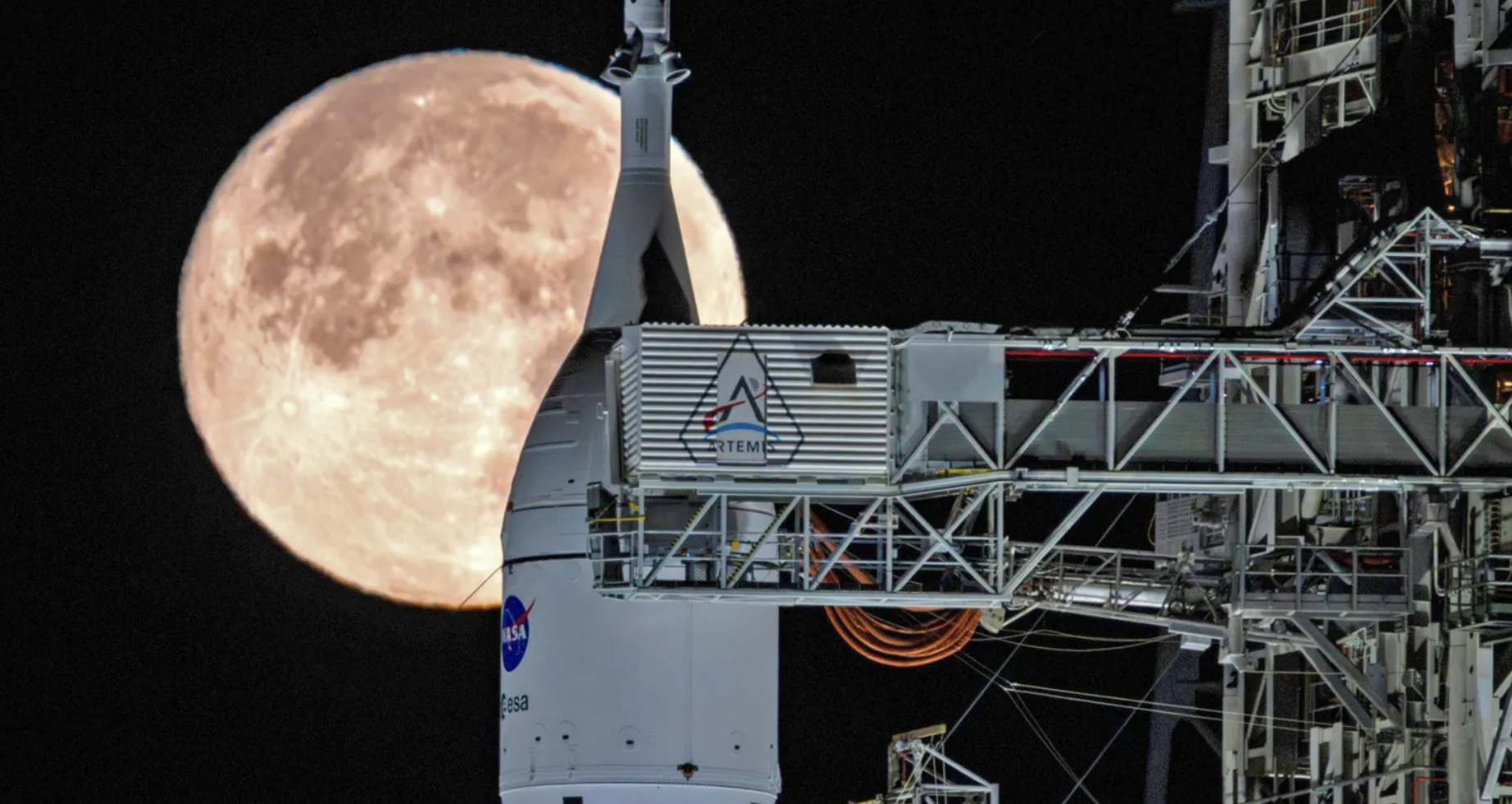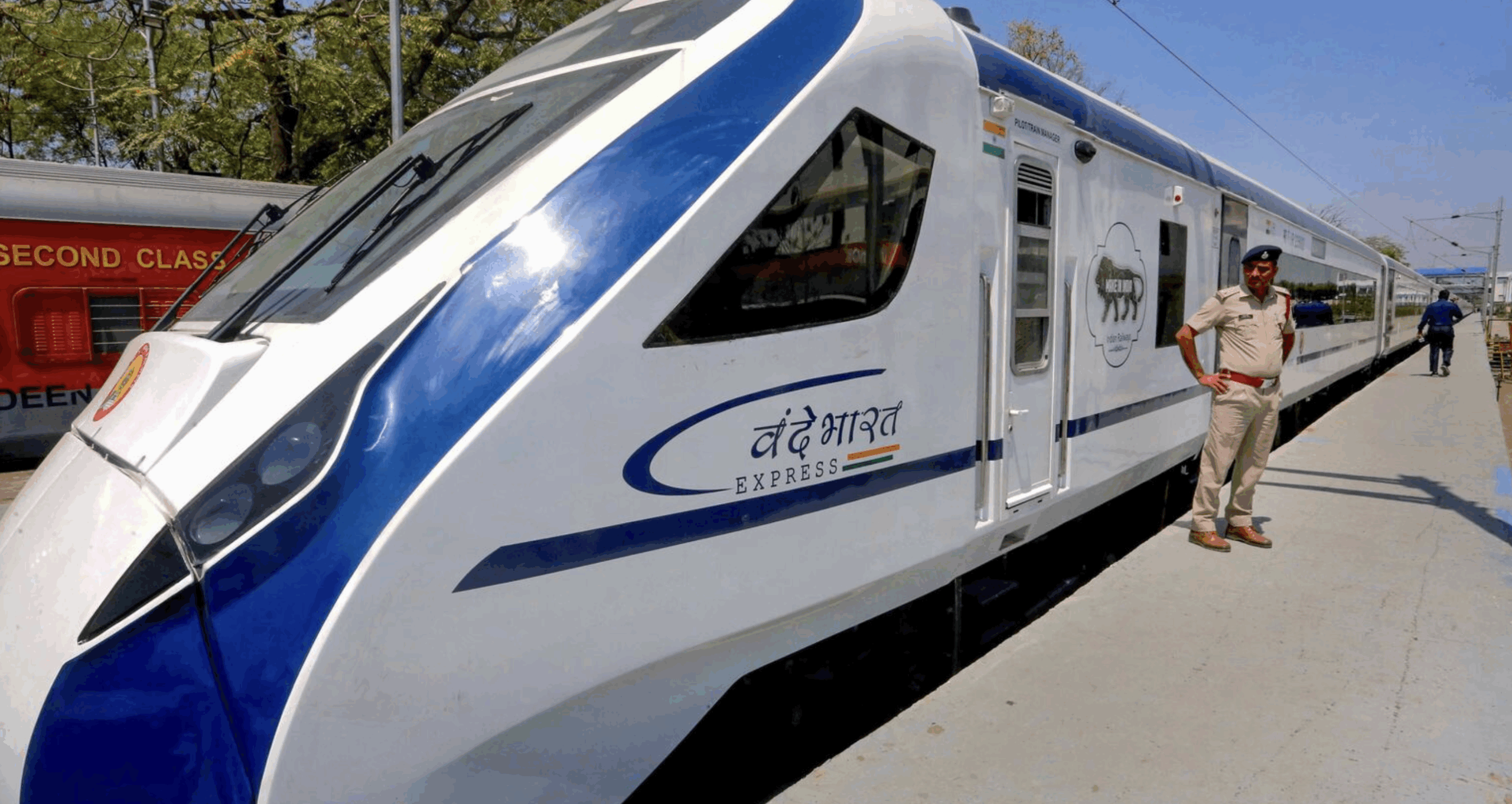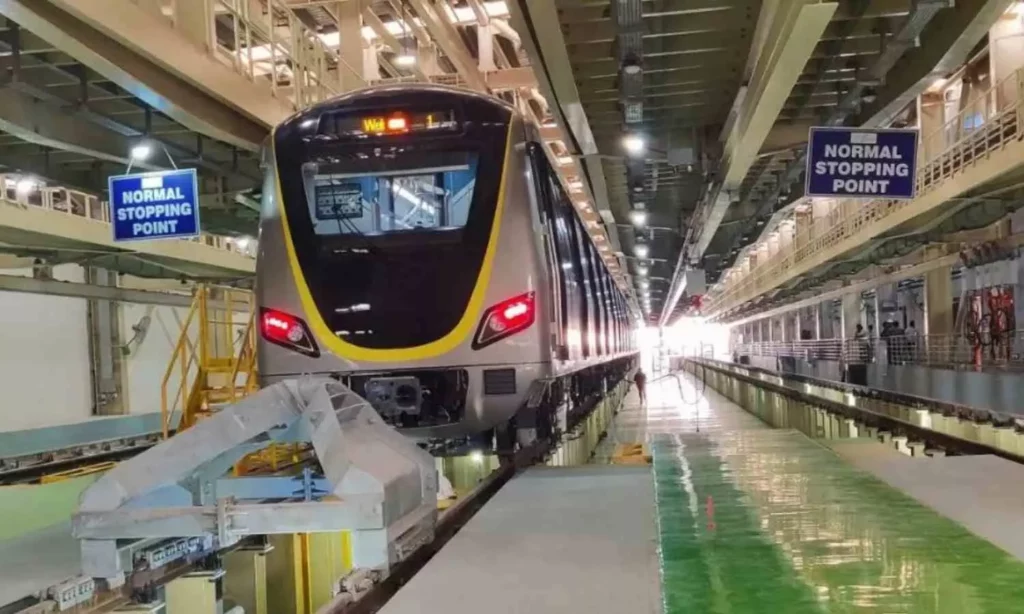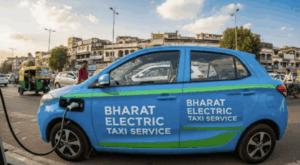The Union Government has begun preparations for the much-delayed Census 2021, but a decision on including a column on caste remains pending. Originally scheduled to commence on April 1, 2020, the census was postponed due to the COVID-19 pandemic. Since 1881, the country has conducted a decadal census, and the 2021 census is now anticipated to be conducted soon.
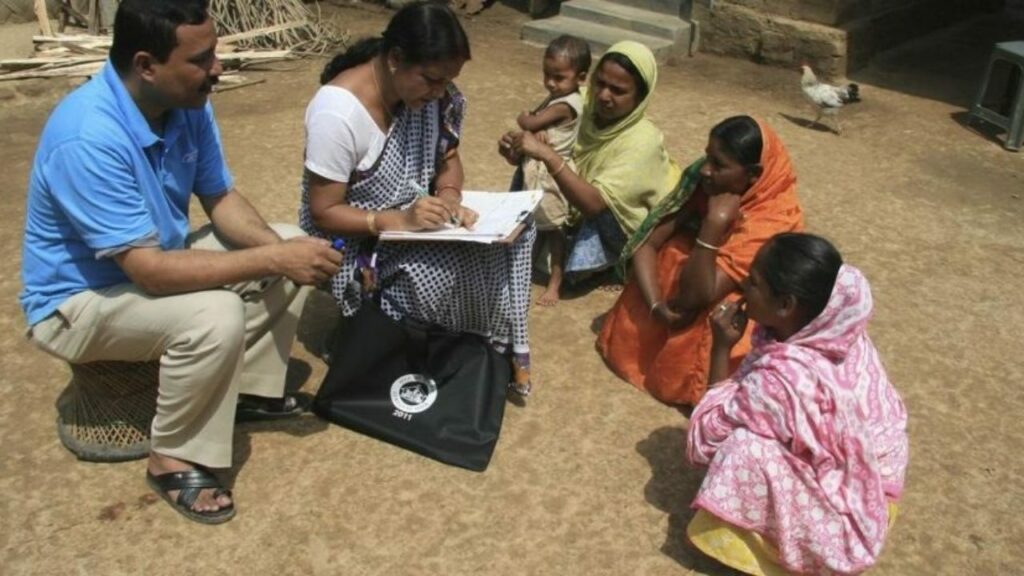
Importance of the Decadal Census
The decadal census is crucial for updating the National Population Register (NPR) and providing up-to-date demographic data. This information is essential for formulating policies, allocating subsidies, and ensuring accurate representation in legislative processes. The absence of current population figures has forced the government to rely on Census 2011 data, which impacts policy-making and the implementation of the Women’s Reservation Act enacted last year.
Cost and Digital Transformation
The upcoming census, estimated to cost around Rs 12,000 crore, will be the first to be conducted digitally. This innovative approach includes an option for citizens to self-enumerate, providing a more convenient and efficient way to participate in the census process. The introduction of digital tools aims to streamline data collection and reduce the need for physical enumerators.
NPR and Self-Enumeration
In conjunction with the census, the NPR will be updated. Citizens wishing to fill out their census forms independently, rather than through government enumerators, must have a valid NPR entry. This requirement ensures that those opting for self-enumeration are registered, facilitating a smoother census process.
Future Political and Administrative Moves
The government is also preparing to implement the ‘One Nation, One Election’ initiative within its current tenure. This ambitious project aims to synchronize elections across the country, and the government expects support from all political parties. The successful execution of this initiative could significantly streamline the electoral process and enhance administrative efficiency.
